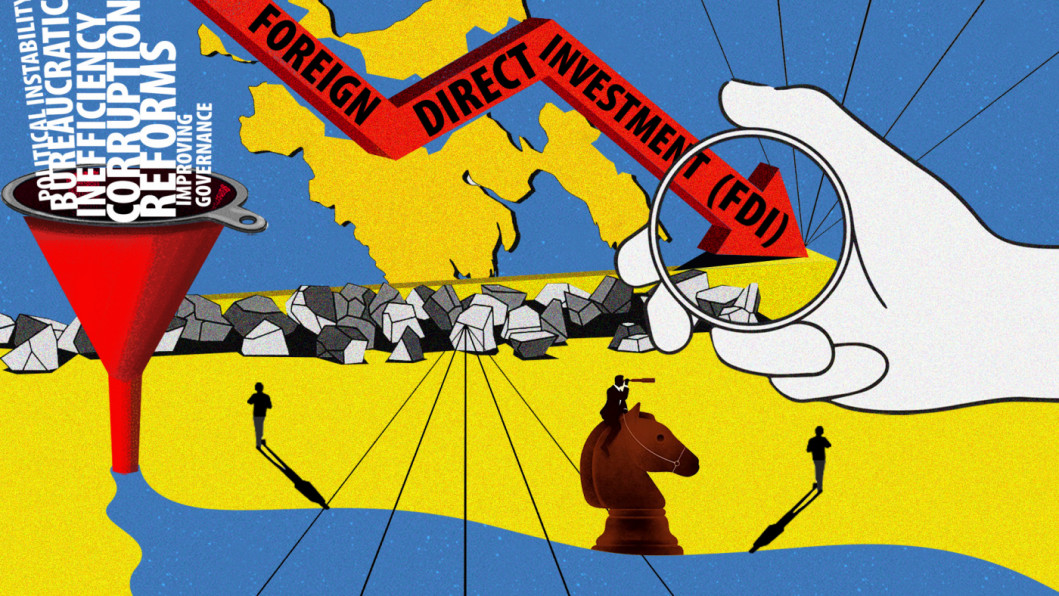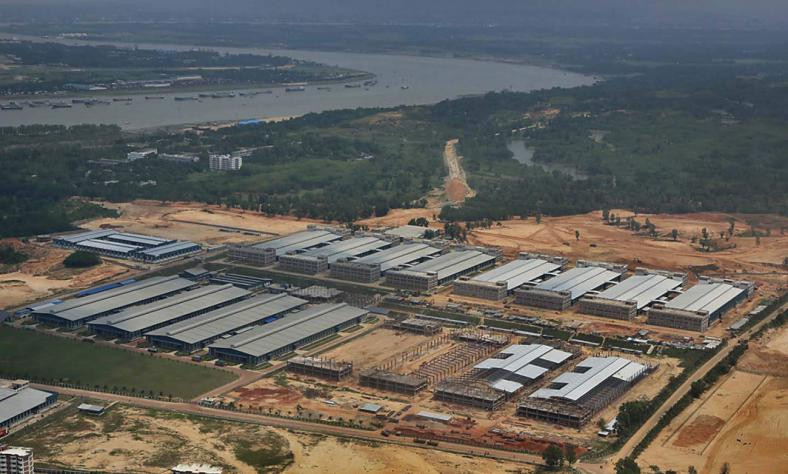Bangladesh must shift from investment promotion to facilitation

Earlier in April this year, when the Bangladesh Investment Development Authority (BIDA) organised the Bangladesh Investment Summit 2025, people expected investment to rise overnight. But it did not quite happen. Because what BIDA did was investment promotion, not facilitation. Investors focus on three things: price, predictability, and procedure—and facilitation directly addresses these core concerns, not promotion alone.
While investment promotion is about encouraging investors to come through tax holidays, special zones, or marketing, investment facilitation is about helping investors once they decide toattend summits and invest. What Bangladesh urgently needs now is investment facilitation—the support investors require. Facilitation is about solving real problems on the ground.
Globally, governments focus more on investment promotion than facilitation. A 2017 United Nations Conference on Trade and Development (UNCTAD) study found that between 2010 and 2016, only 20 percent of investment measures targeted facilitation, while 80 percent focused on incentives, special economic zones (SEZs), and investment promotion agencies (IPAs). Bangladesh follows a similar trend; its policies are among the most liberal in South Asia, showing strong openness to foreign capital. Yet, despite these favourable conditions, foreign direct investment (FDI) has not matched expectations. This shortfall stems not from a lack of investor interest but from persistent legal, institutional, and operational barriers.
Another recent study by the Centre for Policy Dialogue (CPD), based on the UNCTAD Action Menu for Investment Facilitation, highlighted that investment facilitation encompasses a wide range of measures designed to make investment processes more transparent, efficient, and predictable for both domestic and foreign investors. It identified six key aspects to assess facilitation performance: (i) regulatory transparency and predictability, (ii) electronic governance, (iii) focal point and review mechanisms, (iv) application process efficiency, (v) inter-agency cooperation, and (vi) responsible business conduct and anti-corruption enforcement.
The on-ground reality indicates a mixed and uneven investment facilitation ecosystem in Bangladesh. If we take a look at the status of investment facilitation in the country, it can be noted that regulatory transparency and predictability are not ensured across sectors. Although laws and transparency mechanisms exist, information is scattered, poorly localised, and often inaccessible. Investors face difficulty understanding procedures and identifying the correct contact points. Across sectors, policy inconsistencies, conflicting interpretations, lack of transparency, and abrupt procedural changes have created an environment of uncertainty that discourages investment.
For instance, in the power and energy sector, the interim government's decision to discontinue the unsolicited process, introduce open tendering, and abruptly halt projects came despite investors already receiving the "go-ahead" and committing resources. To ensure predictability, policies should remain consistent across regimes, with gradual, well-notified changes. Investor confidence depends heavily on perceptions and market signals; therefore, the government must consider how its decisions shape those perceptions.
Electronic governance is at a poor to nascent stage, with partial and non-functional online systems. Most processes across sectors remain manual or only half-digitised. Investment portals, e-payment systems, and online document submissions are often incomplete or difficult to use. Websites are not user-friendly in design or functionality, reflecting a lack of understanding of user perspectives and limited institutional willingness to improve.
Despite substantial spending, many digitisation initiatives have turned into opportunities for rent-seeking rather than reform. Consequently, investors still visit offices physically and face confusion as different authorities demand varying sets of documents. Moreover, online platforms generally lack effective grievance redress and feedback mechanisms. Thus, digital systems exist but yield little benefit for investors. Ministries managing digital platforms should actively seek user feedback and adapt systems accordingly, learning from global best practices. Recently, BIDA expanded its online One Stop Service (OSS) platform to include land registration services and introduced relationship managers from the private sector as focal points. It has also shown responsiveness to the recommendations of CPD's action guide for investment facilitation in the renewable energy sector.
Focal point mechanisms are minimal and fragmented. From an investor's perspective, focal points are vital for identifying both the right organisation and the specific department or official to contact. In Bangladesh, investors often navigate multiple agencies with little guidance. Even when focal points are established, they are rarely empowered to coordinate across institutions. Without sufficient authority, accountability, and established coordination mechanisms, these arrangements become ineffective.
A recent notable initiative is BIDA's introduction of a dedicated team of relationship managers drawn from the private sector to guide investors throughout their journey—from information-seeking to industrial setup.
Furthermore, application processes are opaque and inconsistent across sectors. During both the business establishment and project implementation phases, investors need multiple licences and approvals. As e-governance is weak, application procedures are not user-centric. Many online forms lack features such as automatic notifications for incomplete submissions or real-time application status updates. Clear timelines are rarely stated, and inter-agency cooperation is inadequate, forcing investors to submit the same documents repeatedly to different offices. Consequently, application processes remain slow, inconsistent, and unpredictable.
Investors should not be left in uncertainty. Clear instructions, timelines, notifications, and regular updates on application status must be ensured. Reducing these uncertainties will make the process simpler, more predictable, and more comfortable.
Cooperation among agencies is limited and still developing. Establishing a business or project requires approvals from several authorities, ministries, regulatory bodies, and BIDA, but poor cooperation prolongs timelines and increases costs. Investors often invest in land or take loans before approvals, and delays directly affect project expenses. BIDA should serve as the central coordination mechanism and the driving force for investor facilitation, as it holds the mandate to manage investor relations and perceptions. It should lead and ensure that investors can access sector-specific guidance without redirection. Government agencies under different ministries should be service-centric and open to cooperation with BIDA and sectoral nodal agencies.
Responsible business conduct and anti-corruption mechanisms exist but are not effectively practised. Bangladesh has ratified international conventions and aligned its legal frameworks with global standards, yet enforcement remains inconsistent. Given that the country will be under greater scrutiny in the international market, following standards and best practices is crucial to gain investor confidence.
To unlock the potential of foreign direct investment, Bangladesh must adopt a phased and concrete reform agenda addressing both structural and procedural bottlenecks. Reforms should be feasible within existing institutional arrangements and designed to strengthen predictability and investor trust. However, BIDA's engagement is necessary but not sufficient. Ministries and agencies responsible for different sectors must act with equal enthusiasm and coordinate closely with BIDA.
For reforms to succeed, a collaborative, transparent, and investor-friendly approach is critical for Bangladesh to attract foreign investment, create jobs, and advance its sustainable energy transition.
Dr Khondaker Golam Moazzem is research director at Centre for Policy Dialogue (CPD).
Abrar Ahammed Bhuiyan is programme associate at CPD.
Views expressed in this article are the authors' own.
Follow The Daily Star Opinion on Facebook for the latest opinions, commentaries and analyses by experts and professionals. To contribute your article or letter to The Daily Star Opinion, see our guidelines for submission.





 For all latest news, follow The Daily Star's Google News channel.
For all latest news, follow The Daily Star's Google News channel. 

Comments